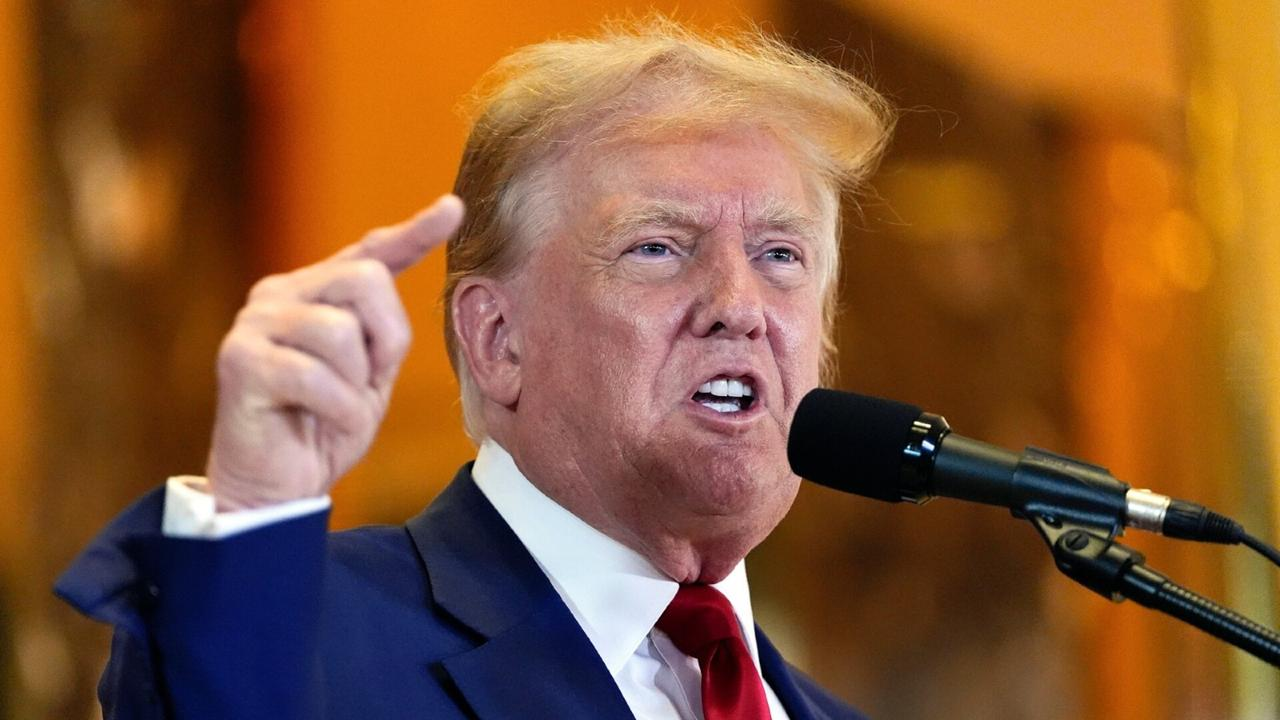California has officially become the first state to sue the Trump administration over the recent tariffs imposed on several of America’s key trading partners.
On Wednesday, Governor Gavin Newsom and Attorney General Rob Bonta made the announcement, saying that the tariffs are hurting California’s economy and overstepping the legal authority of the president.
Speaking from an almond farm in California’s Central Valley, Newsom explained how deeply connected the state is to international trade and why the tariffs pose a serious threat.
He said that no other state stands to lose more than California under these new trade restrictions. The governor pointed out that a significant portion—around 43%—of the state’s agricultural products, like almonds, pistachios, and dairy, are heavily dependent on exports.
Any disruption in trade could directly affect thousands of farmers, workers, and small businesses across the state.
According to Newsom, the uncertainty brought by these tariffs is both “pronounced and profound.” He believes the economic ripple effects could be felt across several industries, not just agriculture.
California’s lawsuit specifically challenges Trump’s use of the International Economic Emergency Powers Act, a federal law that the administration is using to justify the broad range of tariffs. State officials argue that this use of power is not only questionable but unconstitutional.
The legal action from California comes just days after a group of small businesses filed a similar lawsuit against the Trump administration.
Both lawsuits claim that the president does not have the authority to impose these tariffs without the involvement of Congress.
Attorney General Bonta said that the administration is creating false emergencies to take control of decisions that are supposed to go through Congress. “We are asking the court to rein in the president,” he stated during the press conference.
Newsom referred to the lawsuit as “a lock,” expressing strong confidence that the state has a solid legal case. Bonta added that this lawsuit marks the 14th time California has taken the Trump administration to court since Trump took office, showing a continued pattern of legal pushback from the state.
While the legal battle unfolds, Governor Newsom said he is also working behind the scenes to form trade partnerships with other countries.
He hopes to negotiate deals that could allow California-made products to be exempt from retaliatory tariffs that other nations might impose in response to Trump’s actions.
Newsom emphasized that he is doing everything possible to protect California workers and businesses from the negative impact of these federal policies.
However, not everyone supports California’s decision to sue. White House spokesman Kush Desai responded strongly, criticizing Newsom’s priorities.
In a statement to ABC News, Desai said, “Instead of focusing on California’s rampant crime, homelessness, and unaffordability, Gavin Newsom is spending his time trying to block President Trump’s historic efforts to finally address the national emergency of our country’s persistent goods trade deficits.”
Desai argued that Trump’s tariffs are a necessary response to long-standing trade imbalances that have harmed American manufacturers and workers.
He added that these actions are part of a larger strategy to protect U.S. interests on the global stage and ensure fairer trade practices from countries that have benefited from America’s lenient policies for too long.
Despite the pushback from the White House, California leaders are standing firm. They believe that the president’s decision to impose tariffs without congressional approval sets a dangerous precedent.
Newsom and Bonta both stressed that they are not opposed to protecting American industries, but they believe it must be done legally and in a way that considers the economic well-being of states like California.
The lawsuit will likely set the tone for how other states respond to Trump’s tariff policies. If California is successful, it could pave the way for additional legal challenges from states or businesses affected by the tariffs.
Legal experts say the case could raise important questions about the limits of presidential power during times of declared national emergency and how much authority a president truly has when it comes to international trade policy.
As the court process begins, many farmers and exporters across California are watching closely. For them, the outcome of the lawsuit could determine the future of their businesses.
With billions of dollars in agricultural exports at stake, California’s legal action is not just about politics—it’s about survival for many people in the state’s farming communities.
Governor Newsom made it clear that California will continue to fight for its economic interests, both in court and through new international trade efforts.
Whether or not the lawsuit succeeds, the message from the state is clear: they won’t sit quietly while policies they believe are harmful go unchallenged.
Disclaimer- Our team has thoroughly fact-checked this article to ensure its accuracy and maintain its credibility. We are committed to providing honest and reliable content for our readers.






